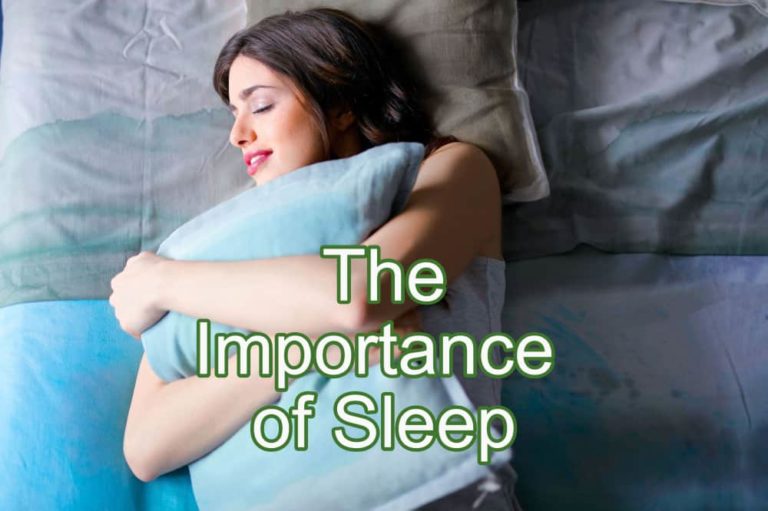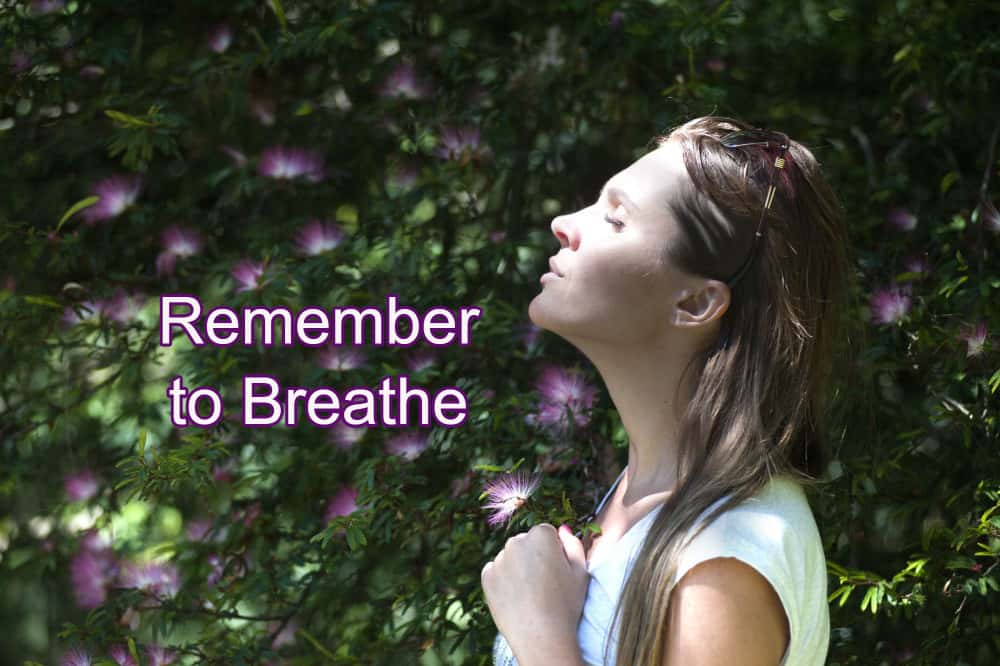How many hours are you sleeping a night?
Are you perhaps compromising on your sleeping hours so that you can get more things done?
Poor sleep hygiene can have a negative impact on both our emotional and physical health. The list below outlines the impact poor quality sleep has on various areas in our body:
- Mental Health – Anxiety, depression, panic
- Physical Health – Inflammation, high blood pressure, obesity
- Cognitive performance – Reduction in short term memory, verbal fluency, and creativity
- Physical performance – reduced reaction time, visual acuity, and coordination
- Emotional intelligence – ethical decision making, and emotional state impacted
We still need 8-9 hours’ sleep a night despite our busy lifestyle!

“Day is over, night has come. Today is gone, what’s done is done. Embrace your dreams, through the night. Tomorrow comes with a whole new light.”
What can you do to improve your sleep quality and hygiene?
1. Eating habits at night
Have a nutritious meal early – no later than 8pm if possible.
Make sure you don't go to bed too hungry as low blood sugar can interfere with your sleep, so if needed have a small snack before bedtime such as some yoghurt or a brown rice/quinoa cracker with nut butter.
2. Avoid excess use of technology at night
Switch off the tv, computer and phone, so that you can have at least an hour of relaxation time to unwind before going to bed.
3. Supporting your Circadian Rhythm
Be aware of your light exposure at night, try not to switch on too many lights on at home, only the essential lights that you need to do your tasks and change the light bulb in the bedroom to a dim light so that your light exposure just before you sleep is minimal.
It is helpful to expose yourself to the first morning light, and perhaps glimpse a beautiful sunrise, on waking. In the morning open your curtains wide and look out as this helps to improve your melatonin release at night.
4. Stick to a routine
A regular bedtime and wake up time will help support your Circadian Rhythm.
5. Have a journal
Keep a journal next to your bed and write down thoughts or worries that are on your mind so that you can have peace of mind that you have noted it down and will deal with it tomorrow.
6. Strategies that you can use to help you fall asleep or if you wake up and can’t get back to sleep:
- Have a bath with magnesium flakes and candles
- Do a sleep-promoting meditation
- Listen to relaxing meditation music
- Read a light book
- Have a calming herbal tea (teas with Chamomile, Passionflower, Lavender and Lime flower are nice ingredients to look out for). Do whatever you feel is going to work for you to help you to relax!
- If you're tossing and turning and having difficulty to fall asleep, it may help to get up for a short while and sit in a different room for a while. Read a bit or listen to relaxing music until you feel drowsy again. Go back to bed and see if you can fall asleep easier. Sometimes trying too hard to fall asleep creates anxiety which can make it even harder to fall asleep.
Deep abdominal breathing (Diaphragmatic breathing) forms part of a meditation and is extremely helpful to soothe and calm down your nervous system when used during the course of the day or night if you feel overly stressed, worried and anxious.
For many a flat stomach is considered attractive and we tend to keep our abdominal muscles tense, however when you do deep, restorative abdominal breathing you have permission to let go of those muscles! See below how to do deep abdominal breathing:
- Sit or lie comfortably and close your eyes. Be aware of and appreciate the solid support of the chair, floor, or bed that you are sitting or lying on.
- Place one hand on your chest and one hand on your belly.
- Breathe slowly in while counting to 4 and focus on taking that breath to your belly so that the hand on your belly lifts and the hand on your chest remains still. Relax your shoulders while doing this.
- Breathe slowly out as if you are blowing air through a straw, count to 5 and feel your belly drawn back in.
- After a few breathes, you can increase your counting to 4 counts in and 6 counts out.
- Do this for a few minutes, enjoy the moment of stillness where you don’t have to do anything else but breathe and cherish the feeling of grounding it gives you.
Happy Sleeping!






